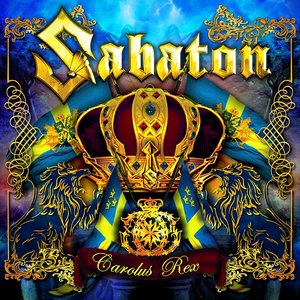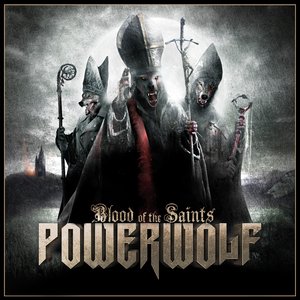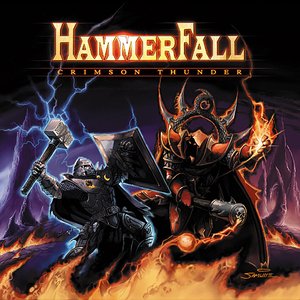Wiki
-
Length
4:04
The Battle of Poltava on the 28th of June 1709 (Swedish calendar) was the decisive victory of Peter I of Russia. It was the beginning of Sweden’s decline as a great power, as the Tsardom of Russia took its place as the leading nation of north-eastern Europe. Because of the harsh winter of 1708/1709 and a series of military defeats, the Swedish army’s situation had become precarious. Charles XII decided to lay siege to the fortress of Poltava. The Russian had a substantial numerical advantage on the Swedes, about 42’000 for Russia against 16’500 for Sweden. The Swedish assault on the Russian line was quickly disintegrated, with some men throwing their weapons on the ground and fleeing and their cavalry surrounded. The Swedes no longer had any organized bodies of troops to oppose the Russian infantry and cavalry. Some soldiers managed to escape through the woods while the rest were either ridden down or captured. Charles XII ordered a retreat to the woods with all the remaining forces he could gather. The Russians halted at the edge of the woods and stopped their artillery fire.
"Charles XII is a brilliant tactitian on the battlefield, but as a strategist, he is a disaster for Sweden.”
The war against the triple alliance of Denmark, Saxony and Russia goes well for Sweden at first, but the fortunes of war soon turn, in large part due to the King's infatuation with large-scale, radical solutions. All peace overtures are refused. The treacherous kings of neighbouring countries must be punished.
Now that Augustus the Strong of Saxony/Poland has been put out of action, the next enemy awaits: the Russian Tsar Peter the Great. But Charles XII's poorly planned advance into Russia ends in disaster (as it will for Napoleon and Hitler). Charles' army is first hit by the brutal Russian winter and then the already wounded Swedish army is destroyed at Poltava and Perevolochna, Ukraine, in the summer of 1709. More than 6.900 men fall in batle, and 23.000 soldiers and civilians are imprisoned in Russia.
The King is forced to flee to Turkey, where he spends five years brooding about revenge against Peter the Great - but his vengeful hopes are never fulfilled. Finally, the Turks tire of their Swedish guest and expel him from the realm.
Track descriptions on Last.fm are editable by everyone. Feel free to contribute!
All user-contributed text on this page is available under the Creative Commons Attribution-ShareAlike License; additional terms may apply.











